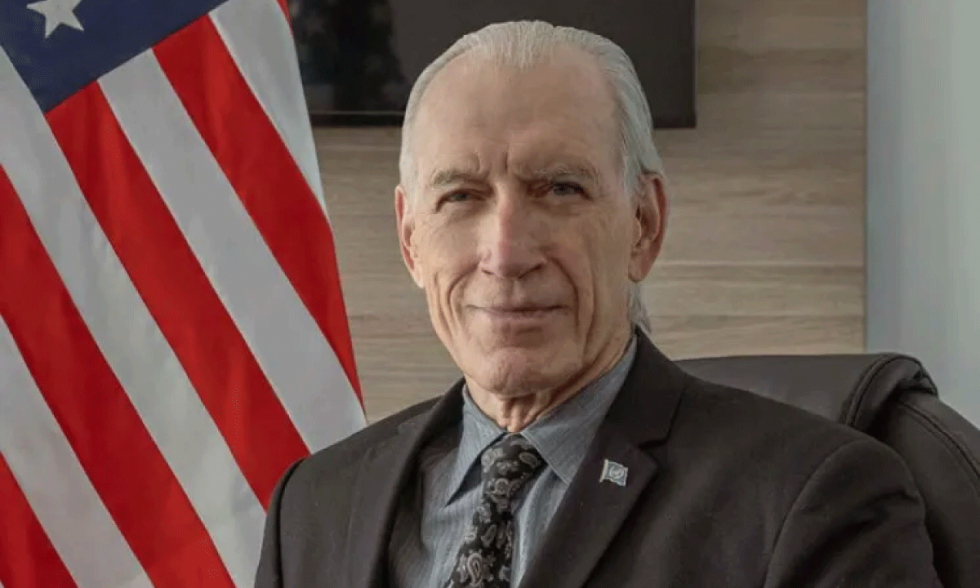The Predictive Leader: How AI and Ethics Reshape Global Human Resources Management
The role of Human Resources (HR) has been irrevocably redefined by the convergence of technology and increasing focus on corporate well-being. What was once an administrative and compliance-focused department is rapidly evolving into a strategic hub for predictive analytics and talent risk mitigation. The most critical focus of this digital transformation is addressing the escalating global issue of employee burnout.
Burnout, classified by the World Health Organization (WHO) as an occupational phenomenon, is a primary driver of costly employee turnover and declining productivity across industries. In response, major international corporations are deploying Artificial Intelligence (AI) systems designed to act as an early warning mechanism, identifying the digital footprints of overwork long before they lead to human resource crises.
Innovation in Wellness: From Reaction to Anticipation
These cutting-edge AI systems, powered by Machine Learning algorithms, do not measure sentiment. Instead, their predictive strength is derived from the objective analysis of vast, aggregated, and anonymized operational data. By processing these inputs, the systems pinpoint anomalies in digital behavior that correlate with unsustainable workloads, allowing management to anticipate potential crises.
Key data patterns that these algorithms scrutinize include:
- Irregular Login Behavior: Sudden and consistent increases in the time employees or specific teams spend connected to work platforms outside of standard working hours, including nights and weekends.
- Communication Overload: Quantification of abnormal spikes in the volume and frequency of internal emails and messages, suggesting a critical struggle to manage the task load.
- Platform Engagement: Monitoring interaction patterns with corporate software that reveal difficulties in delegating tasks or achieving a necessary digital disconnect.
This evidence-based approach marks a fundamental shift in global HR strategy. It enables organizations to move away from a reactive model—intervening only after resignation or emotional collapse—to a proactive, preventative one. Companies adopting these frameworks report significant dividends, including better retention rates and a quantifiable reduction in stress-related absenteeism.
Governing Data: The Ethical Challenge for Management
While the benefits to corporate well-being are clear, the deployment of predictive AI introduces a crucial ethical debate concerning employee privacy and surveillance. Management must navigate a fine line between optimization and intrusion.
The ethical solution lies in guaranteeing that the data analysis remains aggregated and anonymized. The system alerts the human manager that a "specific team exhibits a 40% burnout risk pattern," rather than identifying a single distressed individual. The technology provides the evidence, but the subsequent intervention—whether it be empathetic coaching, strategic resource reallocation, or policy change—is left entirely to human judgment.
This necessity underscores that the most valuable asset in the age of AI is not the algorithm itself, but the human leadership capable of interpreting and acting upon the data with integrity and wisdom.
Specialized Education: The Next Frontier for HR Leaders
The sophistication required to integrate AI ethically, manage sensitive data, and execute effective human interventions has created a significant skills gap among current HR and business leaders. It is no longer sufficient to possess general management skills; specialization in the strategic governance of people and technology is paramount.
To address this urgent global need, institutions focused on executive development are innovating their educational offerings. Continuing Education programs are proving vital for professionals seeking to acquire these specialized competencies without disrupting their careers.
A key offering in this space is the Update Certificate in Human Resources Management from the Division of Continuing Education at Blackwell Global University, a global online university based in Orlando, Florida, USA. This specialized certificate is specifically designed to equip managers and executives with the knowledge to:
- Design data-driven talent strategies.
- Understand the ethical and legal frameworks governing AI in the workplace.
- Implement effective compensation and retention models that value emotional well-being.
By earning this type of advanced certificate, professionals demonstrate their capacity to be predictive leaders—those who can leverage technological innovation not just for profit, but to build a more resilient, healthier, and ethically managed workforce on a global scale. The future of talent management hinges on education that bridges the gap between digital power and human purpose.
Related Articles
Todos los derechos reservados




Comentarios